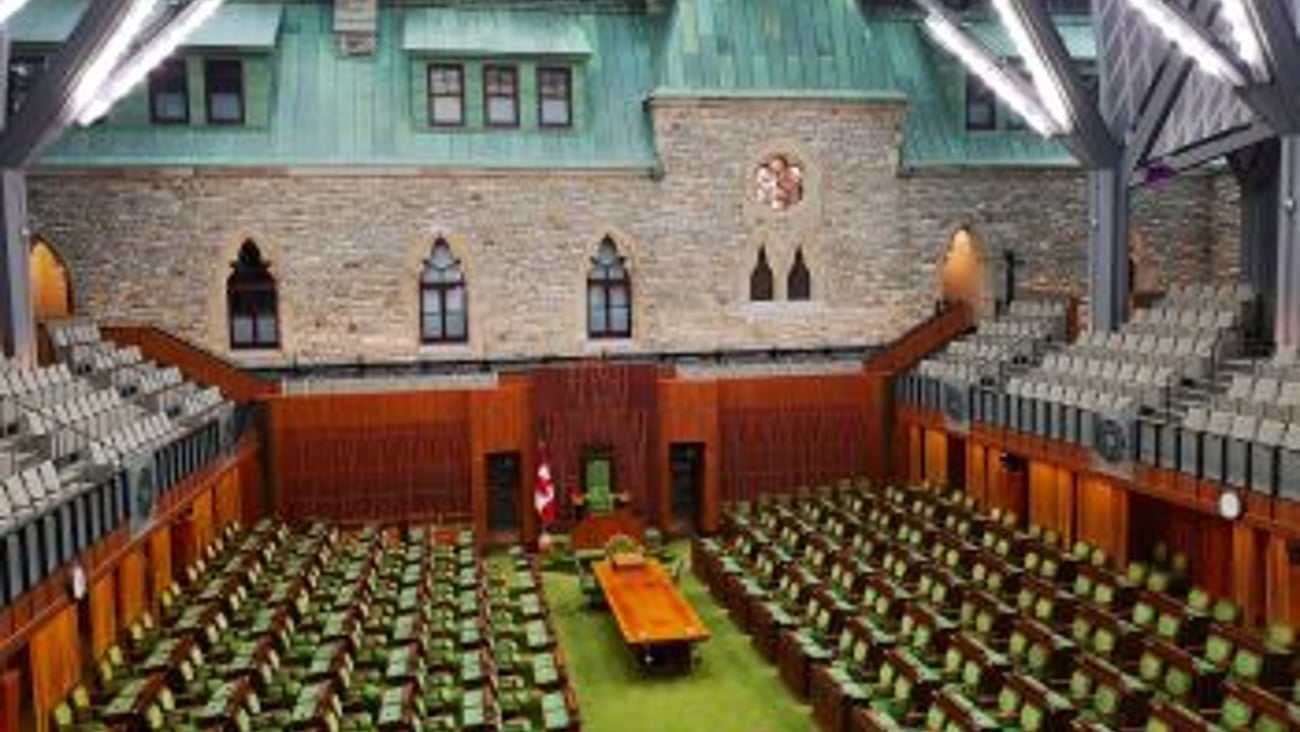Full-court press on credit card fees
When Chrystia Freeland, Federal Finance Minister and Deputy Prime Minister unveiled her government’s Fall Economic Statement earlier this month, I immediately thought of the basketball adage that “the game’s not over until the clock strikes zero.”
CICC has been ramping up its advocacy efforts the past year on one issue that is impacting the bottom line of the 23,500 stores across Canada – credit card fees. While we were putting on a full-court press, telling our story to any federal decisionmaker that would listen, we couldn’t help but feel double teamed by the banks and credit card companies.
But Minister Freeland’s commitment to take action by early 2023 – with or without the help of financial institutions – is a major win for CICC and the industry.
Earlier this year, we released our State of the Industry Report and it revealed the gravity of how the move to “touchless” payments have really impacted our industry. Our members reported that during the first full year of the pandemic, 2021, that touchless payments now account for almost 80% of transactions both at the pump and in the store. The result – a whopping 55% increase in the fees we pay the financial institutions for the convenience of tap and go.
That’s a major foul that further erodes already razor-thin profit margins.
In fact, those fees have now replaced real estate as the second-highest cost of doing business behind labour for retailers in our industry. After years of advocacy on this issue, the government’s commitment makes it feel like the regular season has ended and we are now in the playoffs.
We know that the importance of finding the right solution on this issue is paramount to the overall viability of c-stores in the future. That’s why I wasted no time in travelling to Ottawa last week, meeting with officials from the Small Business, Finance and even the Prime Minister’s Office to explain the importance of implementing the right solution for our industry.
All decision makers were keen to hear about how the industry has remained resilient, weathering many challenges during the pandemic. They were surprised to learn the size our economic footprint – $54 billion in sales, a workforce 202,000 strong with more than 23,500 stores across Canada. But they were shocked to learn how our industry is disproportionately impacted by exorbitant interchange fees.
We know that a number of the products we sell are highly taxed. In fact, gasoline and cigarettes have a number of layered taxes embedded in the final price. But interchange fees don’t discriminate between pre-tax and after-tax totals.
What does this mean? Collecting taxes for the government is an out-of-pocket expense for retailers with no return.
In 2021, we collected $21.5 billion in taxes for governments at all levels. That translates into an average of $965,142 for every c-store in Canada. With increased credit card usage, we estimate that it costs every store in Canada approximately $13,000 to collect taxes for government. That’s an expense with no return.
While the federal government is looking at capping fees, we are advocating that they go one step further and address the perverse issue of paying interchange fees on taxes - by using whatever mechanism they see fit.
Previously, we’ve been told that it’s hard, if not impossible, to do. But we haven’t wavered in our messaging that this unfair practice must be addressed if the government wants to “get it right.”
Recently, our message is getting renewed traction, but we have more work to do before we can chalk this up in the win column. But like a good basketball team, we will keep up the pressure.
The next couple of months will be a whirlwind of activity as the oligarchy financial industry will pull out all the stops to protect status quo and their massive profits.
At least the government is hearing our message that business as usual is no longer an option. CICC will keep the pressure up and here’s hoping that the government doesn’t allow the financial services industry to engage in any slam dunks or shot clock violations.










